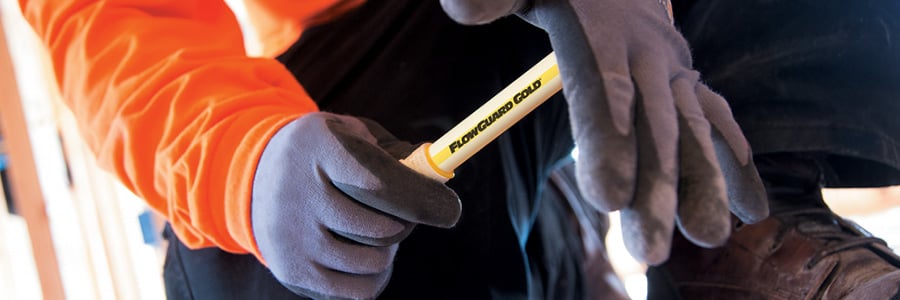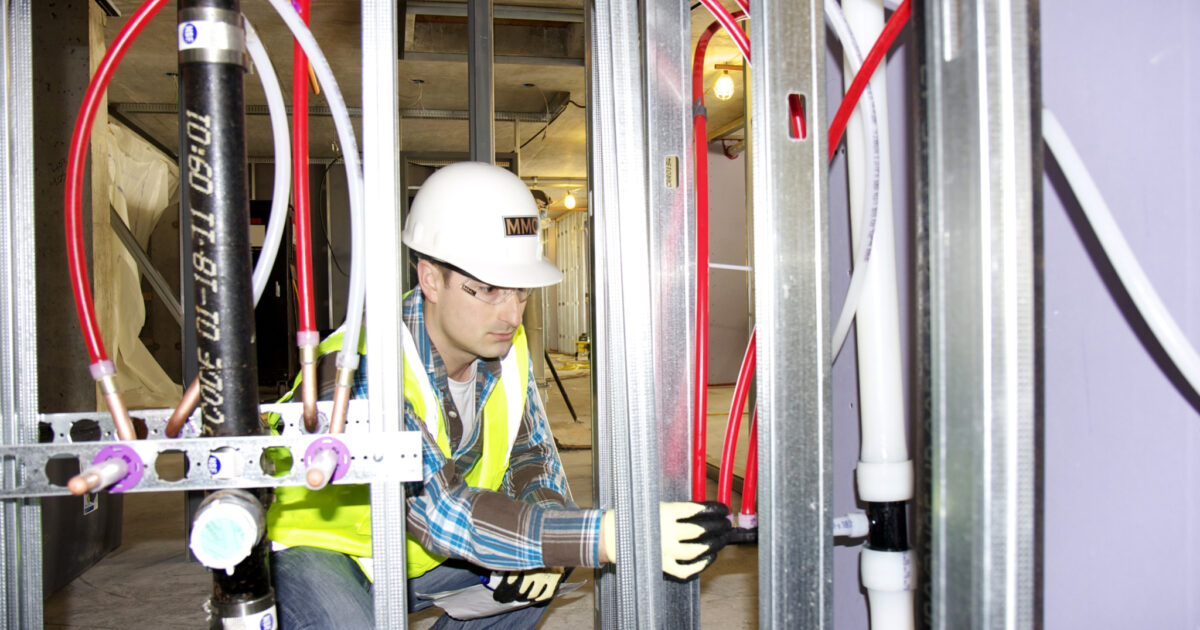CPVC is an entirely acceptable product if it is installed properly. Proper installation is a little different from other materials, though. Here's a link to one manufacturer's best practices, and I'm going to add a few points that might be hard to find with a web search but they are important.
Top 10 FlowGuard Gold Installation Dos and Don'ts

www.flowguardgold.com
Most manufacturers will discuss the importance of a proper fit but they don't go into a lot of detail about why. You mentioned failures at joints so we'll focus on that here.
It's particularly important with CPVC to cut it with the right tool, especially if it's old (mentioned in the link above) and prior to assembly, de-burr the end of the pipe with the right tool. Then test fit to the coupling. The information that is hard to find is this -- the couplings you buy at the home center or hardware store may not meet the tolerance specification of the original pipe manufacturer, you may find that the fittings are sometimes too loose. Not all manufacturers hold the same tolerances, and depending upon where the couplings came from, there could be problems.
CPVC is very sensitive to loose-fit couplings, glue starvation, too much glue, or the wrong glue.
If you cut the pipe with the right tool, de-burr the end, follow the specific manufacturer's instructions carefully, test-fit the coupling dry to make sure the pipe goes in but does not bottom out all the way with gentle pressure, apply the right glue in the right amount with the right size applicator, make the joint properly with the right seating depth and the right amount of glue squeeze-out, and install the pipe so it is not stressed by thermal expansion or contraction, CPVC is very reliable and will last a long time.
In anticipation of objections, yes, people get lucky all the time, they don't know this or don't do it and the pipe holds. But sometimes it doesn't, and sometimes this is why.
Re-plumbing a house is sometimes necessary but it's expensive. Another option to consider, perhaps as an interim measure, is there are some controls on the market, both flow alarms and monitoring devices that will automatically shut off the water and even notify you if the flow conforms to certain pre-set parameters that typically correspond to a leak. They are programmed to minimize nuisance alerts, they can recognize the operation of a washing machine, for example. A web search will turn up many name-brand choices.


